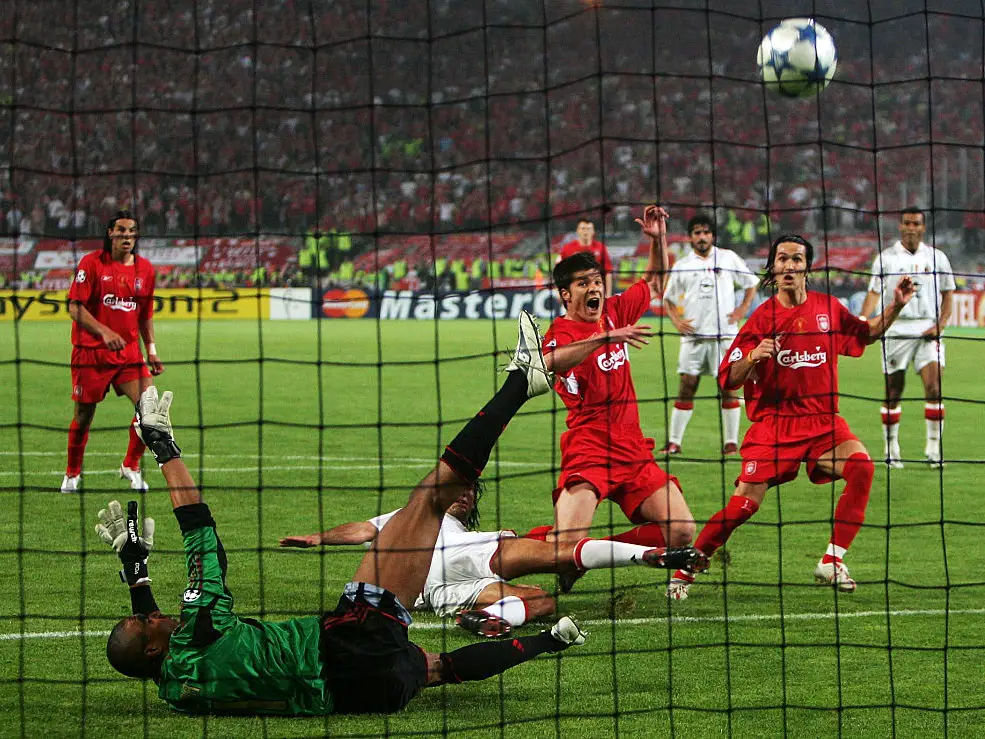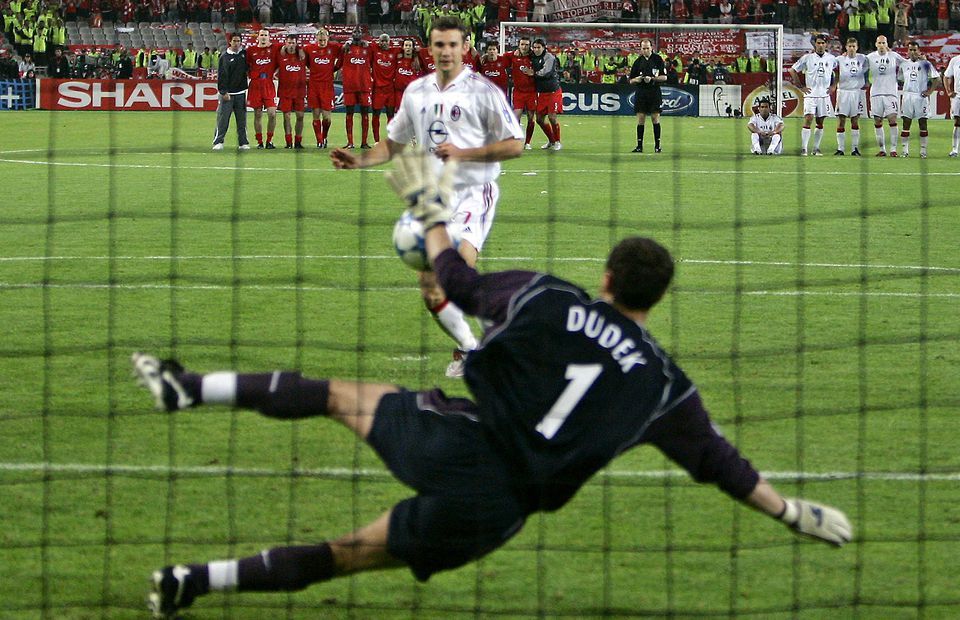Sports
Which is more important in Football?: Goals or Clean Sheets?

The philosophical argument of which comes first; the Chicken or the Egg?
Football’s essence is often distilled into two fundamental components: scoring goals and keeping clean sheets.
And there in lies the debate of which is more important to a team as regards success or victory. The debate has so much become an irony often times that prior to the UEFA Champions League format changing, the winner of a game can still end up on the losing side whether they like it or not.
Read More:
Football Ironies: Why Portugal lost and France won – Euro 2024
“Ego, indecision ruined my football career” — Steven Caulker
Jamie Carragher raises red flag on Football Calendar
It has been a topic of fervent topic among fans, analysts, and professionals. It has even changed football and tactics, whereby some managers would happily concentrate on keeping a goalless score line over scoring a goal in a match.
Historical football finals and pivotal Premier League moments provide ample material to argue both sides of this debate.
The Case for Scoring Goals

Football, at its core, is about putting the ball in the back of the net. The thrill of a goal, the eruption of the crowd, and the game’s turning points are all centered around this single, electrifying act. Legendary moments in football history often highlight the importance of scoring.
Manchester City’s Title-Winning Goal (2012): Sergio Aguero’s dramatic last-minute goal against QPR in 2012 secured Manchester City’s Premier League title, underscoring the significance of scoring in the dying moments of the season.
Barcelona vs. Paris Saint-Germain (2017): Barcelona’s stunning 6-1 comeback in the Champions League was marked by an array of spectacular goals, demonstrating how scoring can overturn seemingly insurmountable deficits.
Liverpool’s Champions League Comeback (2005): In the famous Istanbul final, Liverpool’s three second-half goals against AC Milan highlighted the transformative power of scoring, turning a 3-0 halftime deficit into a memorable victory.

Goals are the ultimate currency of football. They not only change scorelines but also momentum, morale, and the psychological landscape of the game. A team’s ability to score consistently often defines its success across a season.
But what if Liverpool had kept a clean sheet in the 2005 final and held AC Milan to a 0-0 score line through to the penalty kicks? What if Queens Park Rangers just sat back against Manchester City, and thrown at the Cityzens the most negative football anyone would’ve ever witnessed? Or what if PSG did the same to Barcelona?
The Case for Keeping Clean Sheets
On the other side of the spectrum, the importance of a solid defense and the ability to keep clean sheets cannot be overstated. Many of football’s greatest triumphs have been built on the foundation of a robust defense.
Italy’s World Cup Victory (2006): Italy’s triumph in the 2006 World Cup was a testament to defensive solidity, as they conceded only two goals (excluding penalties) throughout the tournament.
Chelsea’s Champions League Win (2012): Chelsea’s victory over Bayern Munich in the 2012 final was anchored by their defensive resilience. Despite being under constant pressure, their ability to keep Bayern at bay was crucial.
Leicester City’s Premier League Title (2016): Leicester’s fairy-tale title win was significantly attributed to their defensive strength. Their numerous clean sheets provided the platform for their counter-attacking prowess.
Clean sheets are often the unsung hero of football success. A team that does not concede is guaranteed at least a draw, and in a sport where one goal can be decisive, a clean sheet can be as valuable as a prolific striker.
Balancing the Debate: The Most Successful Teams
The most successful teams in football history often excel at both scoring and defending. The balance between attack and defense is crucial:

Real Madrid’s Champions League Dominance: Real Madrid’s recent successes in the Champions League have been built on a blend of potent attacking and solid defense. Cristiano Ronaldo’s goals were matched by the defensive stability provided by players like Sergio Ramos.
Manchester United’s Treble (1999): Sir Alex Ferguson’s Manchester United combined the attacking flair of players like Ryan Giggs and Dwight Yorke with the defensive reliability of Jaap Stam and Peter Schmeichel.
Arsenal’s Invincibles (2003-04): Arsenal’s unbeaten Premier League season was a product of their attacking verve, led by Thierry Henry, and a steadfast defense marshaled by Sol Campbell and Jens Lehmann.
A Symbiotic Relationship
/origin-imgresizer.eurosport.com/2023/10/24/3811109-77474108-2560-1440.jpg)
Ultimately, the debate between scoring goals and keeping clean sheets is not about choosing one over the other but understanding their symbiotic relationship. A team’s ability to score and defend are interdependent. Great teams find the equilibrium between the two, ensuring that while they have the firepower to win games, they also possess the defensive acumen to avoid losing them.
In football, the most critical aspect often depends on context. In some matches, a single goal can be the difference, making scoring paramount. In others, especially high-stakes finals or tightly contested leagues, the ability to keep clean sheets can be decisive.



























